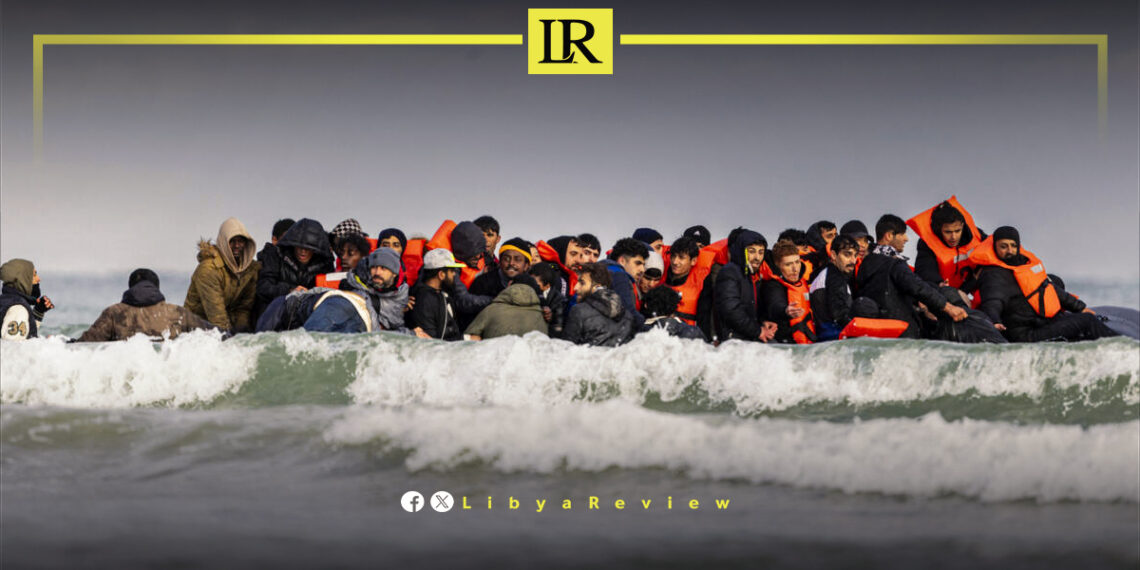The International Organization for Migration (IOM) has confirmed that more than 100,000 migrants have voluntarily returned to their countries of origin from Libya over the past decade, under the Voluntary Humanitarian Return (VHR) programme launched in 2015.
According to an official IOM statement, the initiative has helped migrants from 49 countries—mainly in Africa and Asia—repatriate safely. These include Nigeria, Mali, Niger, and Bangladesh. The total includes approximately 73,000 men, 17,000 women, and over 10,000 children, some of whom were unaccompanied minors.
Libya remains a key transit hub for irregular migration, the IOM warned, projecting that the number of migrants in the country could exceed 800,000 by the end of 2025, driven by worsening living conditions and continued migratory flows.
The statement highlights that migrants from Sub-Saharan Africa make up the largest group in Libya. Many view the country as a gateway to Europe, despite the dangers posed by crossing the Mediterranean.
The IOM also noted that deteriorating conditions in detention centres and border regions have led a growing number of migrants to request assistance in returning home voluntarily. Escalating humanitarian and economic challenges inside Libya have further amplified these demands.
Libya has been in chaos since a NATO-backed uprising toppled longtime leader Muammar Gaddafi in 2011. The county has for years been split between rival administrations.
Libya’s economy, heavily reliant on oil, has suffered due to the ongoing conflict. The instability has led to fluctuations in oil production and prices, impacting the global oil market and Libya’s economy.
The conflict has led to a significant humanitarian crisis in Libya, with thousands of people killed, and many more displaced. Migrants and refugees using Libya as a transit point to Europe have also faced dire conditions.
The planned elections for December 2021 were delayed due to disagreements over election laws and the eligibility of certain candidates. This delay has raised concerns about the feasibility of a peaceful political transition.
Despite the ceasefire, security remains a significant concern with sporadic fighting and the presence of mercenaries and foreign fighters. The unification of the military and the removal of foreign forces are crucial challenges.


